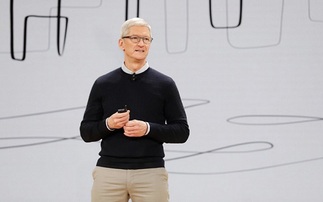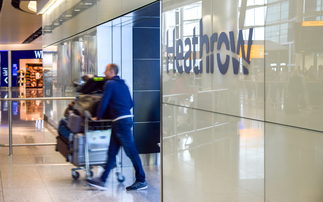If a consumer agrees to share information with retailers, can they complain when data about their shopping habits and lifestyle choices are used to milk them for more money?
Companies such as Boots, Betfair and Iceland are using campaign management tools from the likes of Teradata and IBM-owned Unica to analyse consumer data to better understand customers’ preferences and target them with personalised offers – and, of course, loyalty cards and store cards are now part of consumers’ everyday experience of countless major brands.
Mike McNamara, CIO of Tesco, said recently: “We used to know what people buy, now with the website we know what they want to buy.” In a recent public speech, Tesco boss Philip Clarke admitted that the retailer also uses Clubcard data to target consumers according to their wealth.
“We’re now making changes to our UK website to highlight promotions that are relevant to the customer who is browsing the site. Using Clubcard data, we would show, for example, offers of our Everyday Value range to price-sensitive customers, and offers of our ‘Finest’ range to more upmarket customers.
“The power of this approach was borne out by a test we did to sell mattresses. When a customer visited our website, we would use Clubcard data to tell us if the customer was more swayed by price or quality. We’d then display the type of mattress that best reflected that shopper’s characteristic. Sales grew by 10 per cent.”
A spokesman from Dunnhumby, which provides the analytics for Tesco’s Clubcard, suggested that Tesco Bank could target a customer depending on their shopping habits. “If a customer has given us permission to send them offers from our partners, then they may get an offer from the bank or another part of the business which their shopping habits suggest they may find interesting,” he said.
However, although Boots’ Spencer believes that consumers expect retailers to use the data, it is not always the case that they want them to. According to a survey of 2,000 UK consumers commissioned by data integration company Informatica, only 35 per cent of UK adults trust businesses to use their personal data and 46 per cent of the respondents said they believed that sharing their personal data would give businesses the opportunity to invade their privacy.
So might retailers overstep the mark and exploit their customers’ trust by using their data for reasons other than those they disclose? Could a company such as a Tesco (or a Marks & Spencer, which plans to offer banking services), use the data gathered from shopping choices to increase the price of services like life insurance, for example?
Kim Walker, partner at law firm Thomas Egger, said that the use of all such data is governed by the Data Protection Act (DPA) and the basic principle of the Act is transparency and fairness.
“Even though [society] has moved on in great leaps since 1998 [when the Act was passed] – because retailers use more forms of information such as social data – the principles remain the same. Retailers have to be fair in the way they use the data and can only use data in the way they say they are going to use it,” she said.
However, Walker said that, within the law, retailers can alter their privacy policies as they like, and this means that the onus rests with the customer to stay informed of the details. For example, on the Tesco Clubcard website it states that “the [current] privacy policy replaces all previous versions... Tesco reserves the right to change the policy at any time”.






















